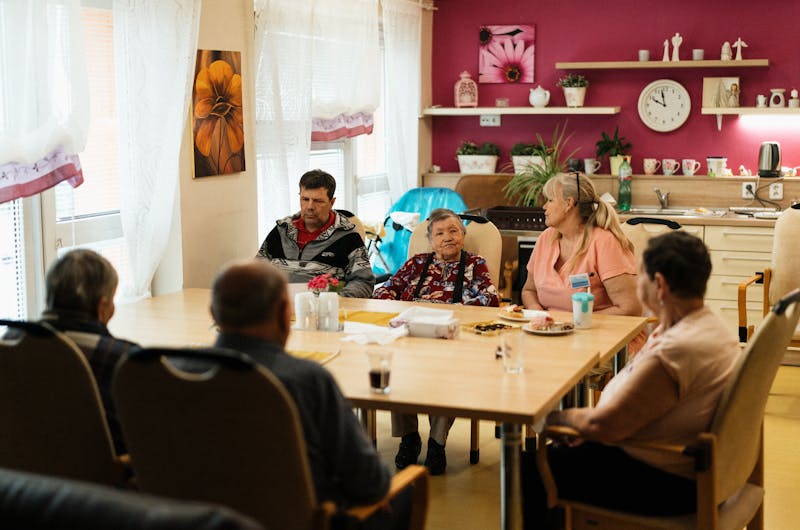Bed and Pressure Sores in Nursing Homes
Although you might prefer to keep your elderly loved ones with you at your own, there are several scenarios that may result in you being unable to provide them with the necessary care, time, and attention. If this should happen, the best alternative for the elder may be to place them in a nursing home.
For many years, if not decades, nursing homes tend to be associated with frightening stories and accounts about how the residents are treated. Thankfully, there are many good facilities that do treat their residents well; however, this cannot be said for all 320+ nursing homes in Tennessee. This is why it is important to do your research before placing your elderly loved one in the hands of another carer.
Sadly, no matter how hard you might try, it is certainly possible for your elderly loved one to be a victim of abuse or neglect. As a nursing home neglect lawyer in Tennessee, we find that one of the most common types of abuse is a form of neglect that causes bed sores.
What are Bed Sores?
Bed sores are very painful wounds that are also known as pressure ulcers. They are the result of long periods of pressure on the skin, and are most common on a person who is bedridden. When their body continuously presses against the mattress, a bed sore can result. If this is not treated in time, it can cause the muscle, bone, or tendons to be exposed. Should the bed sore still be ignored, an infection or death could occur.
If your elderly loved one was harmed because their bed sores were not treated properly, you should call The Higgins Firm to speak with a nursing home abuse lawyer Tennessee families trust.
The Most Common Areas for Bed Sores to Form
Bed sores can appear on several areas of the body; however, they are most common on the:
- Spine
- Shoulder blades
- Tailbone
- Hips
- Heels
- Ankles
- Behind the knee
- The back of the arm
- The back of the leg
- The back and side of the head
The staff has a duty to monitor every patient, especially those who may be prone to developing bed sores. If a bed sore is noticed, it should be immediately treated. Failure to do so could warrant the need for a nursing home neglect lawyer in Tennessee.
Preventing Bed Sores
Bed sores can be prevented. When they do occur, they can be treated and any advancing harm or infection can be stopped. All that needs to be done to prevent bed sores is to ensure staff take the correct steps and precautionary care. This includes:
- Assess patients for bed sores every day
- Ensure the resident is hydrated and fed a balanced diet
- Reposition the resident every few hours
- Utilize special mattresses that can help to prevent bed sores
- Immediately treat any bed sore as soon as it is noticed
Who is At Risk for Developing a Bedsore?
As a nursing home abuse lawyers in Tennessee might explain to you, of the 31,912 residents living in a nursing home or assisted living facility, there will be some men and women who are more vulnerable to developing bed sores. These include:
- People who are immobile
- People who are confined to a bed and/or a wheelchair
- Those who are dehydrated or malnourished
- A resident who has peripheral vascular disease
- People who have diabetes
Is Your Elderly Loved One Being Neglected or Abused in a Nursing Home?
One of the reasons why it is so important to maintain frequent communication and contact with an elderly loved one is not only to provide them with emotional support, but to also examine them for signs of abuse or neglect. When you visit your loved one in a nursing home, be sure to look at areas on the body that are prone to bed sores. If you notice any of these wounds, and they look like they are not being treated, you should notify staff. It may also be a good idea to document the bed sores by taking pictures and filing a complaint. If the bed sores are not treated after you take this step, or they worsen, neglect may be an issue. You are advised to consult a nursing home neglect lawyer in Tennessee for further advice.
Contact us online or call us at 800.705.2121 to set up a FREE consultation to discuss your legal options.




